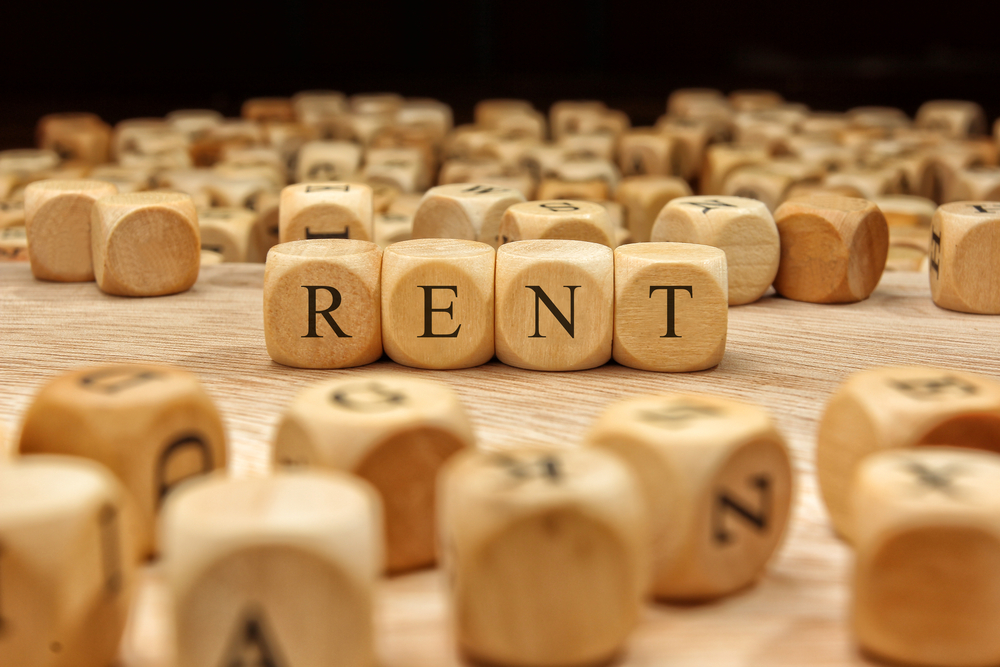 Rents paid by tenants in Britain rose on average by 2.6% in the year to March, new figures from the Office of National Statistics have revealed.
Rents paid by tenants in Britain rose on average by 2.6% in the year to March, new figures from the Office of National Statistics have revealed.
This is well ahead of the growth in average weekly earnings of 1.8%.
Private rental prices grew by 2.8% in England, 0.2% in Wales and 0.6% in Scotland in the 12 months to March.
Rental prices increased in all the English regions over the year to March 2016.
The largest annual rental price increases were in London (3.7%), down from 3.8% in February 2016, followed by the East (3.0%) and the South East (2.9%), both unchanged over the same period.
Annual price increases have been stronger in London than the rest of England since November 2010.
The lowest annual rental price increases were in the North East (0.8%) down from 0.9% in February 2016, followed by the North West (1.1%) up from 1.0% and Yorkshire and The Humber (1.2%) down from 1.3% over the same period.
There are fears that first-time buyers are being squeezed out of the market due to the dwindling supply of suitable homes and ballooning property prices.
Last year, 142,890 homes were completed, a 21% increase on the previous 12 months. However, this number still falls well short of the government target of 200,000 new homes annually.
Tougher affordability checks from lenders and rising house prices have also made it increasingly difficult for first-time buyers with smaller deposits to get on the property ladder.
Low interest rates combined with the economic recovery have done little to reduce the need for rented housing, while house price inflation ahead of wage growth has pushed property prices out of reach for many.
Steve Griffiths, head of sales and distribution at Kensington, said: “With the cost of rent continuing to rise alongside rapidly increasing house prices, it’s becoming even harder for renters to save the deposit they need to buy a home of their own. With buy-to-let stamp duty rises now in effect and further tax changes on the horizon, the situation for renters could worsen if these increased costs are passed onto tenants.
“The focus of the government’s housing policy has been to increase homeownership, and rightly so, but for many renting can be the only option before making the first step onto the property ladder. It’s therefore essential that any further measures the government takes to encourage homeownership are not to the detriment of renters. Further measures on buy-to-let could have the opposite of the intended effect, as additional costs may be passed on to tenants and therefore threaten the finances of thousands of renters trying to save for a home.”




